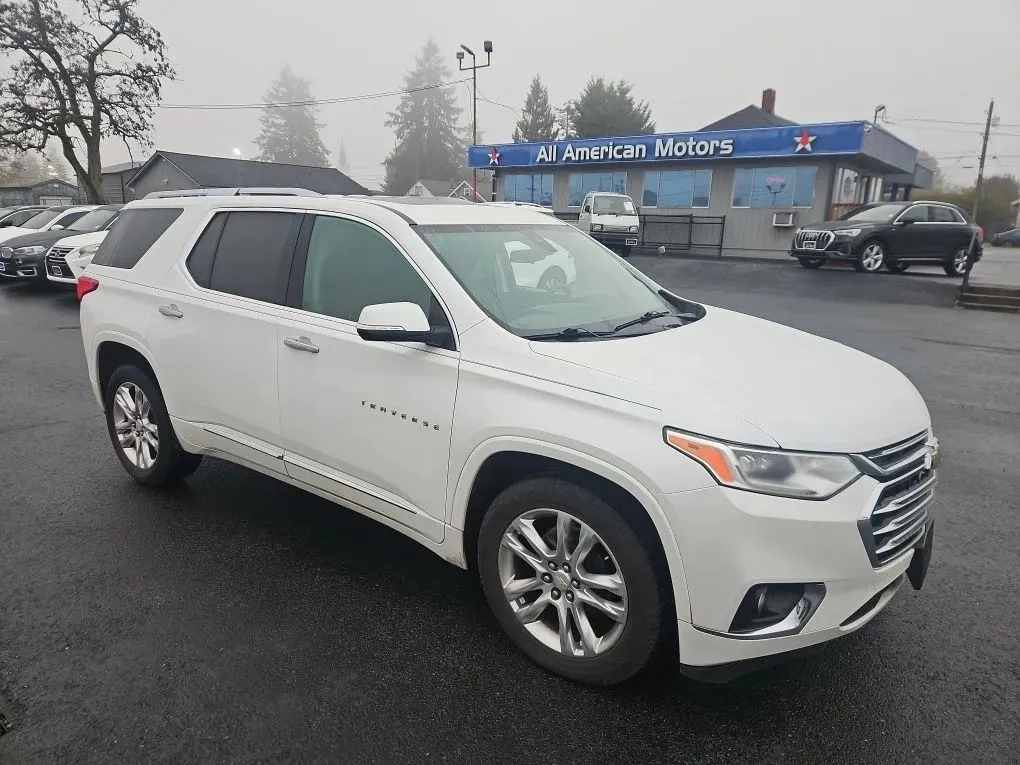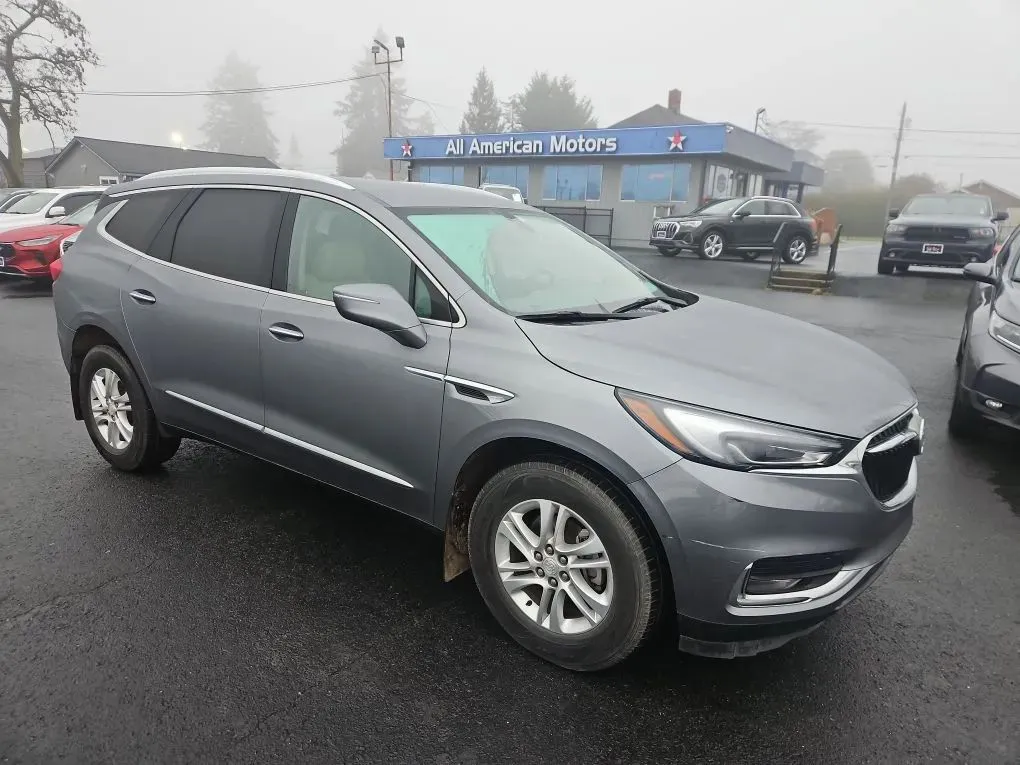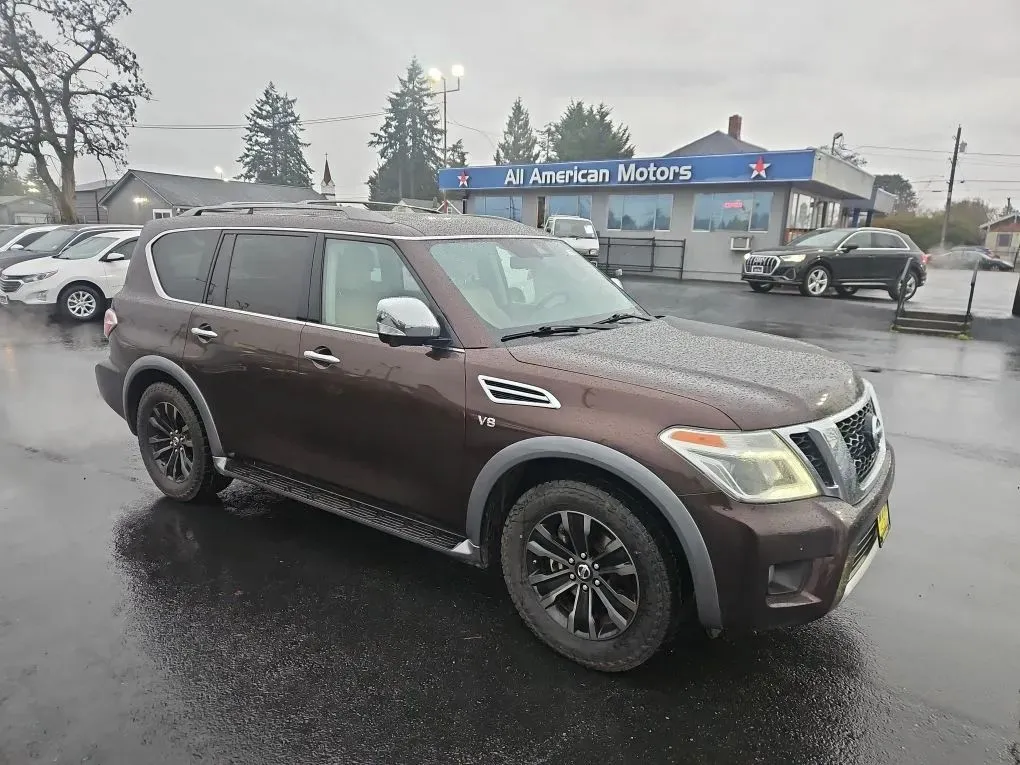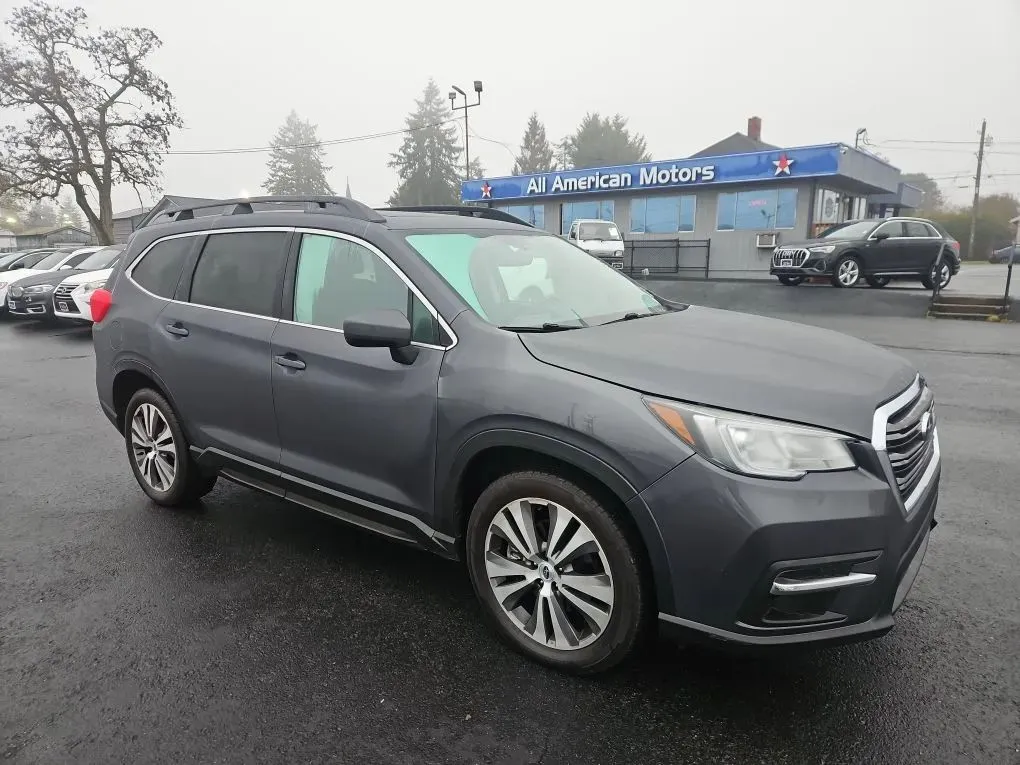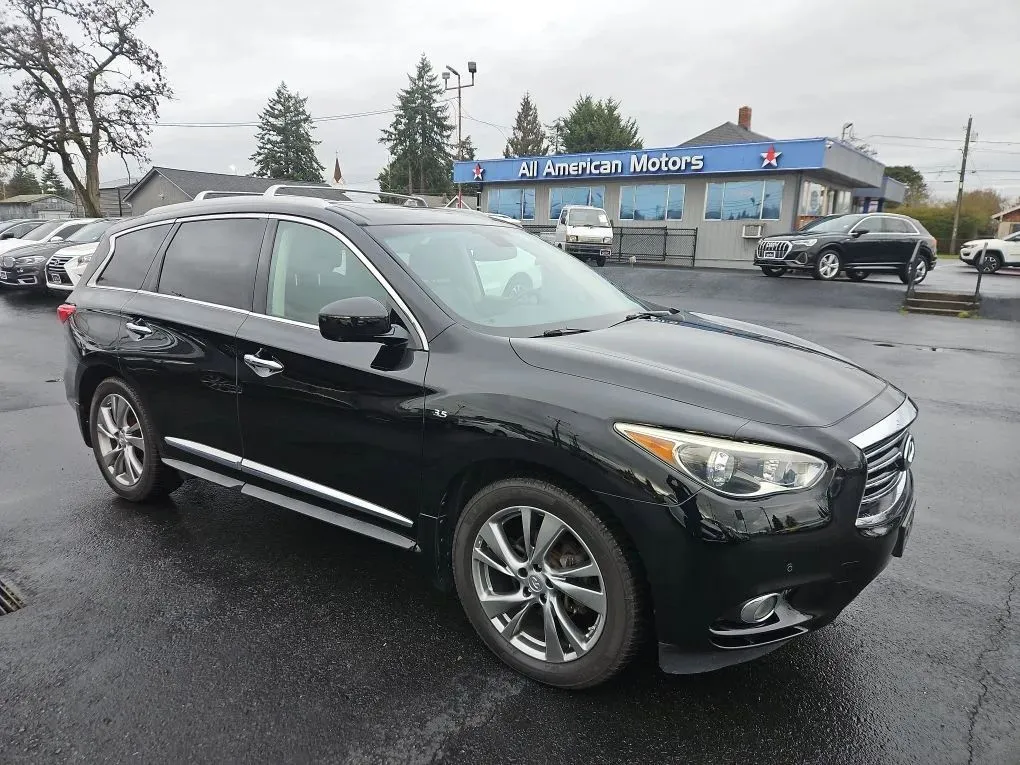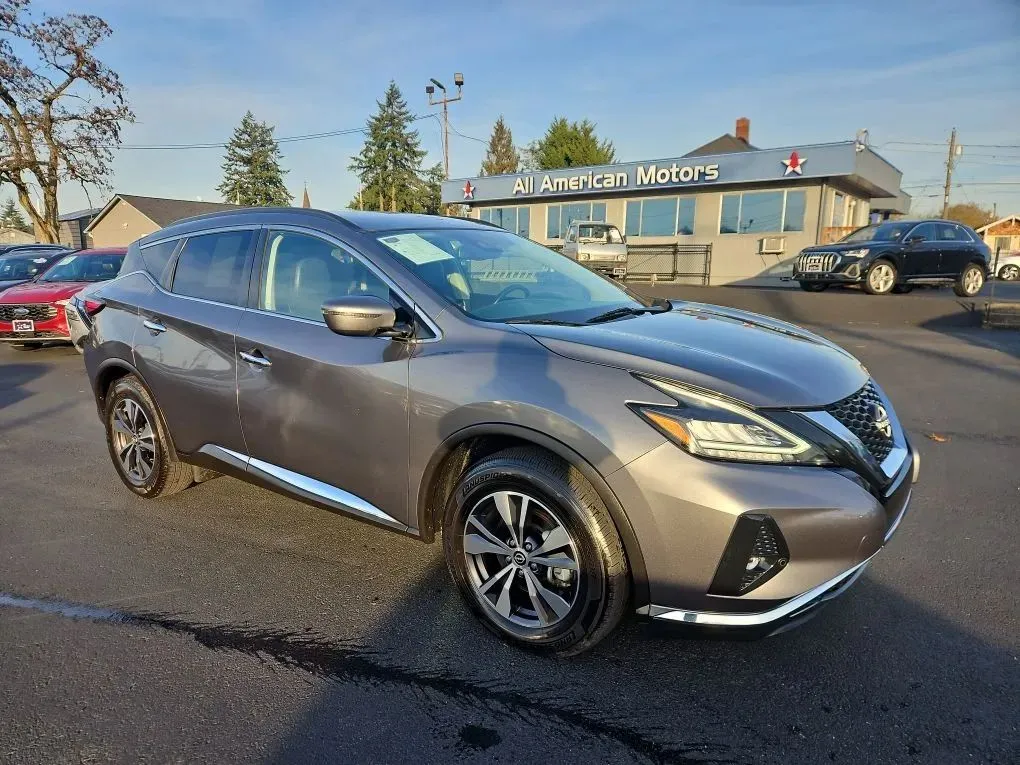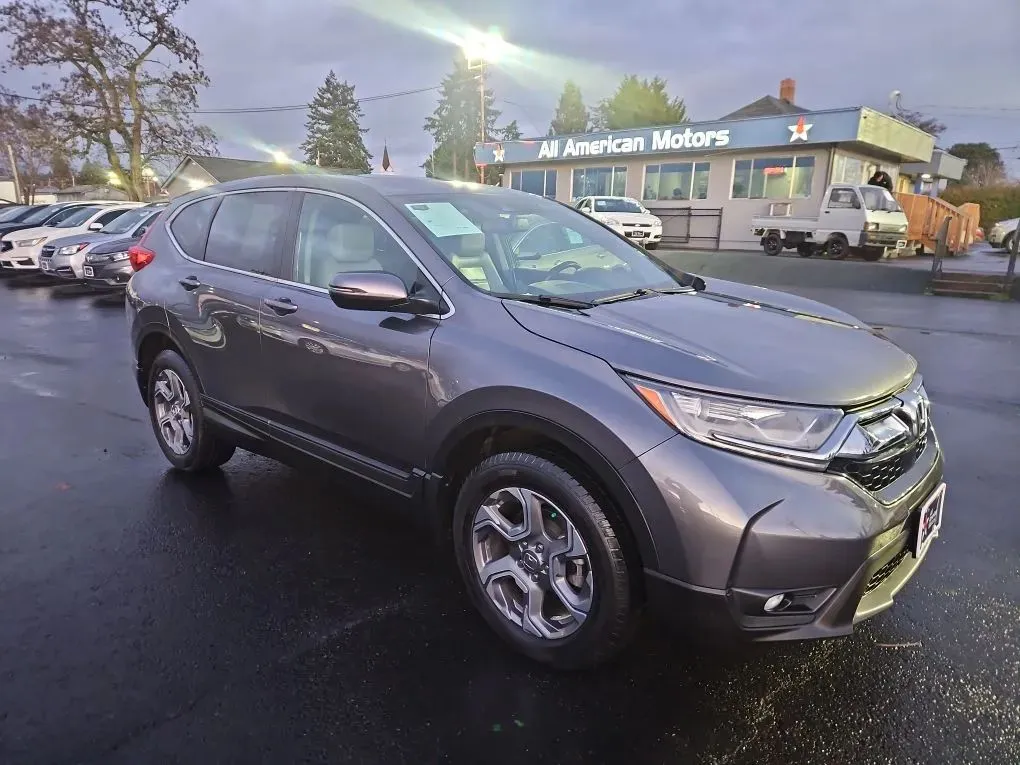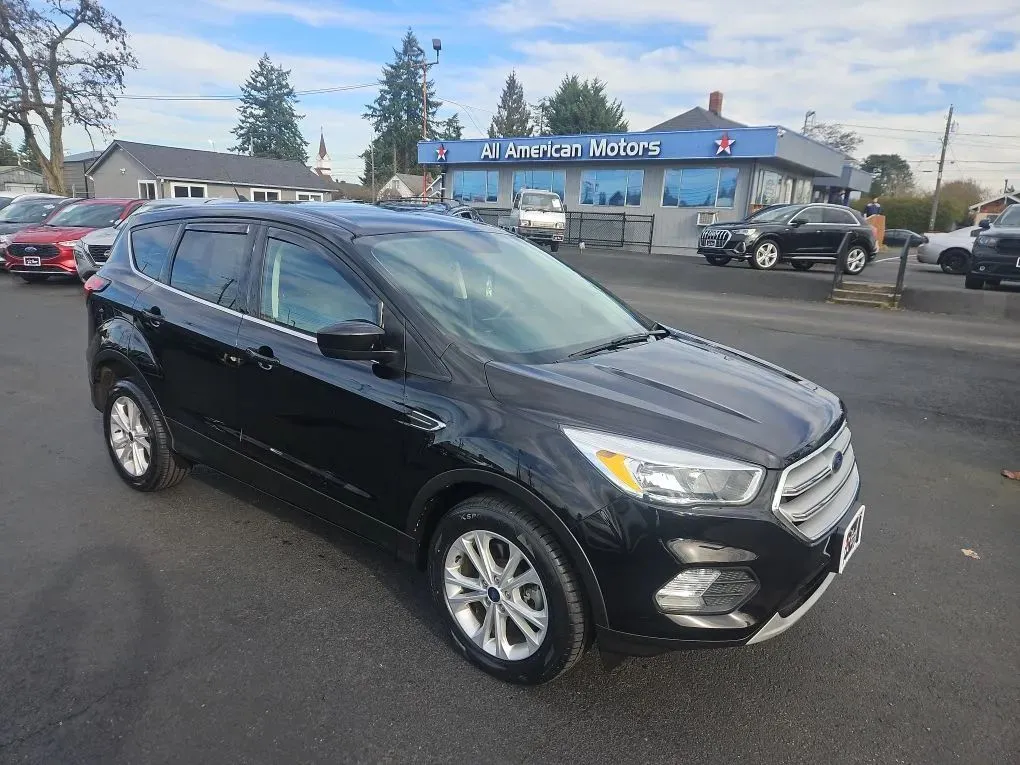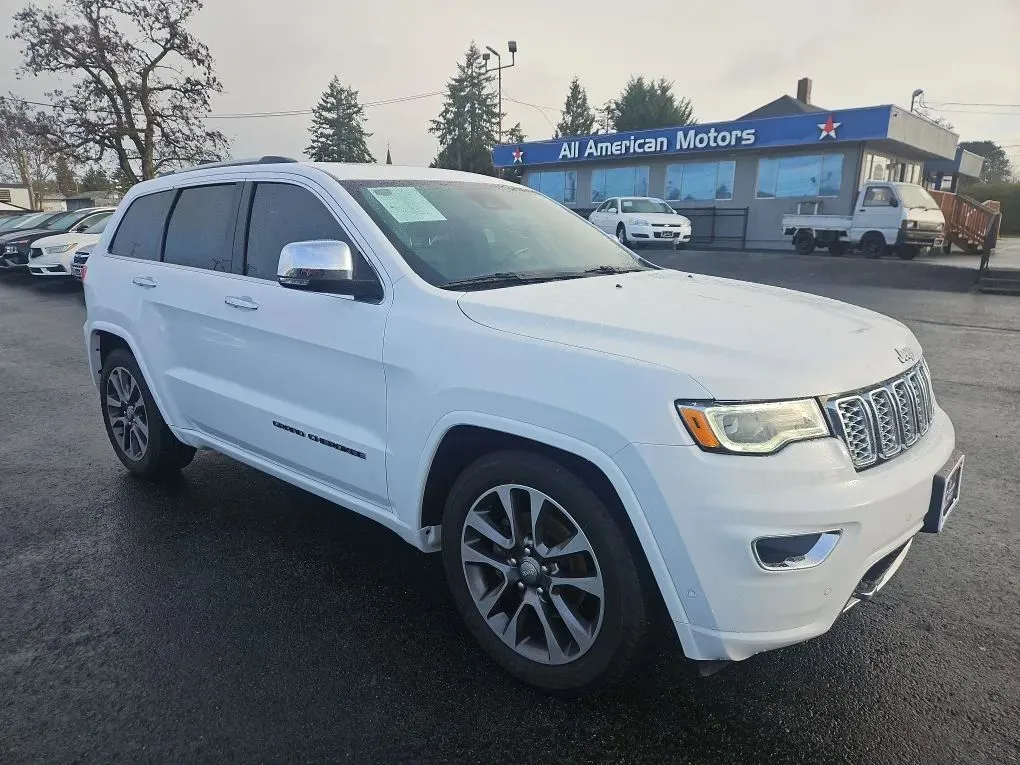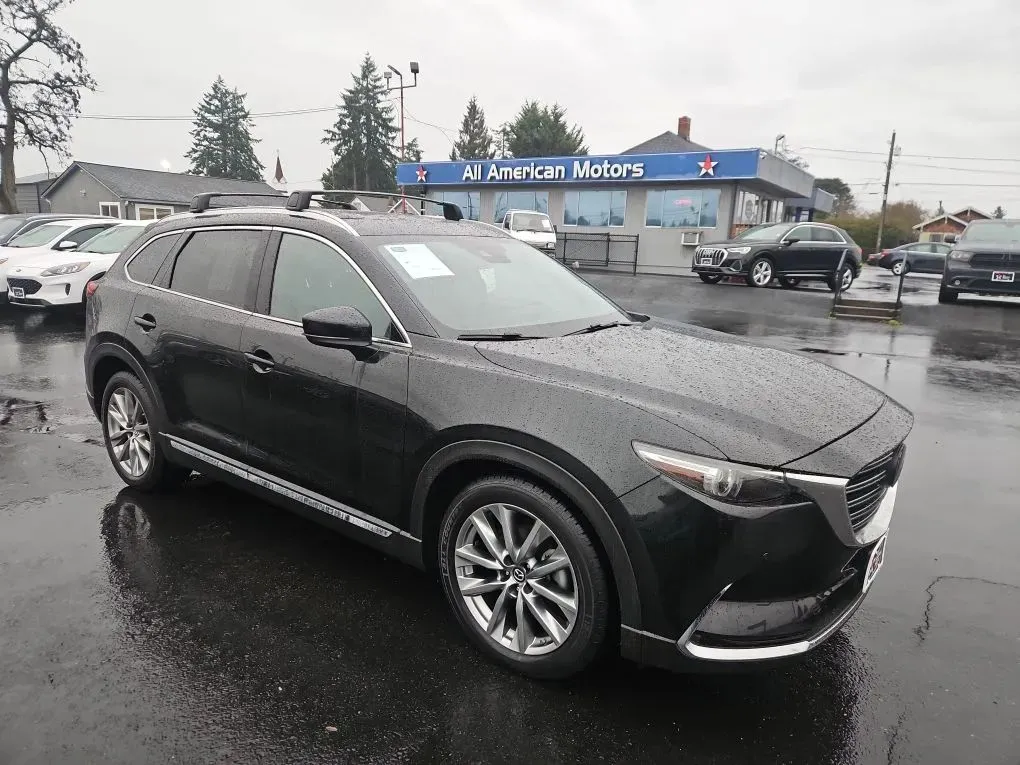Solutions For Used Truck Overheating Problems In Summer
Summer in Tacoma brings sunshine, blue skies, and just the right temperature for taking your truck out on an adventure. Whether it’s towing a boat to Lake Cushman, heading up Highway 7 toward Mount Rainier, or cruising around town with the windows down, summer makes for memorable drives. But rising temperatures also bring a challenge that many truck owners face: overheating.
There’s nothing fun about seeing your temperature gauge skyrocket or steam pouring out from under the hood. Overheating disrupts plans and can cause long-term damage if left unchecked. With higher temps and tough summer conditions, it’s common for trucks to overheat. The good news? There are ways to prevent it and keep your truck running strong. Knowing the causes and learning how to spot the warning signs goes a long way in protecting your truck this summer.
Understanding the Causes of Truck Overheating in Summer
Hot weather on its own is hard on your engine. Add in Tacoma’s hills, bumper-to-bumper traffic, or a weekend haul up to the mountains, and the strain builds. Summer driving puts extra pressure on your truck’s cooling system, and when something in that system underperforms, the whole setup can get too hot fast.
Here are some common reasons trucks overheat in summer:
- Low or old coolant: If coolant levels are low or if the fluid hasn’t been changed in a while, it won’t cool your engine efficiently.
- Clogged or damaged radiator: Radiators need clear airflow to do their job. Dirt, insects, or debris can block that airflow or damage the radiator's fins.
- Faulty thermostat: This part helps regulate the flow of coolant through the engine but can fail and restrict that flow. That makes the engine heat up more than it should.
- Heavy loads and steep inclines: Towing campers, boats, or gear for your outdoor adventures adds a load on the engine. What’s more, driving uphill requires more engine power, raising temperatures fast.
- Worn-out belts and hoses: Over time, hoses crack and belts loosen. Leaks or breaks in these parts stop the cooling system from functioning properly.
Imagine you're driving out toward Eastern Washington with your trailer hitched behind. Suddenly your engine starts getting hot on a steep grade. Within minutes, the temperature gauge spikes and warning lights flash. It’s a moment most truck owners want to avoid, but one that’s easy to prevent by giving the cooling system a little more attention.
Preventative Maintenance Tips
The best way to avoid overheating is to prepare your truck before summer takes hold. A few simple checks and updates can go a long way when it comes to staying cool during a heat wave.
1. Check your coolant: Make sure the coolant is topped off and looks clean. If it’s discolored, rusty, or has particles in it, a flush might be overdue. Use the type of coolant recommended for your truck.
2. Inspect belts and hoses: Rubber doesn’t last forever. Look closely for cracks, bulges, soft spots, or leaks in belts and hoses. Even small flaws can cause problems in the summer.
3. Replace the thermostat if needed: If your truck's cabin is slow to warm in winter or slow to cool in summer, that could be a thermostat not opening or closing properly.
4. Clean out your radiator: The radiator can collect leaves, dust, bugs, and other debris that block airflow. Carefully rinse it out or have a service shop do it safely to get maximum cooling power.
5. Use summer-grade oil: Thicker oil may protect engine parts better during hot driving conditions, especially when towing. Always follow your truck manufacturer’s guidelines.
Doing these things early, like before your first big summer trip, can save you from a roadside headache later. It’s easier to park your truck in your driveway to check hoses than to be stuck on the shoulder with the hood popped.
On-The-Road Solutions
Even with good maintenance, unexpected heat can make any truck run hot. That’s why knowing what to do in the moment makes a big difference. These quick actions can help if you find yourself facing a rising temperature gauge:
- Turn off the AC: Running the AC puts extra pressure on your engine. Switching it off can quickly lighten the load.
- Crank the heat: It’s not comfortable on a hot day, but turning on the heater full blast shifts some of the engine’s heat into the cabin, giving your cooling system a small break.
- Watch the temperature gauge: If it moves up fast, find a safe spot to pull over. Delaying can turn a cooling issue into engine damage.
- Carry extra coolant and water: Having some on hand can help you top off a low system and make it to the next service stop more safely.
- Avoid sudden stops and starts: If you’re in traffic, try keeping a steady pace without too many quick accelerations.
An overheating situation isn’t always dramatic at first. It can build over time, especially on a long drive hauling something. One Tacoma driver learned this during a summer boat trip. The rise in temperature seemed small at first, but after ignoring it, the truck stalled on a hill climb near Shelton—thanks to a failing radiator fan. Always take signs seriously.
Seeking Professional Help
While basic checks are helpful, some issues go beyond what you can see. Sometimes, overheating keeps happening even after adding coolant and checking hoses. That’s a sign you might be working with a deeper problem.
Dealership professionals use the right tools and training to spot what’s really happening. They might pressure-test your cooling system or use thermal imaging to locate hidden issues. Problems like a cracked radiator core or a bad head gasket need an experienced eye to identify and safely repair.
Trying to fix bigger issues without the right knowledge can backfire. You could miss the real cause or even make the damage worse. If your truck has overheated more than once or if the temperature keeps rising with no clear cause, it makes sense to bring it in for a full inspection.
At All American Motors, we understand Tacoma’s tough summer conditions. Whether you’re towing up a steep grade or just commuting through heavier traffic, we work to match drivers with reliable trucks—and we know what to look for if current ones start to fall behind in performance.
Keeping Your Truck Cool in Tacoma
Hot weather in Tacoma brings a few unique stress points for drivers. The mix of city traffic, rugged terrain, and long drives up and out of city areas stresses cooling systems more than many might expect.
Beyond maintenance, a few simple habits can help. Try to:
- Use sunshades and park in shaded spots to keep interior temps low.
- Drive during cooler parts of the day, like early morning or evening.
- Don’t idle the truck for long periods in the sun.
- Keep your towing to a minimum during hotter stretches, or schedule hauls before it heats up.
Tacoma’s summer doesn’t have to be a threat to your truck. Staying alert and using tested practices can help your truck handle the road and weather better all season long.
Take Control of Your Summer Drives
Overheating doesn’t have to be part of your summer story. Keeping a close eye on symptoms, showing your truck some regular care, and acting fast if something feels off can go a long way.
It’s better to prepare now than to face costly delays later. Whether you’re planning weekend trips or looking for a fresh start with a new vehicle, having something dependable makes all the difference. If you’re in the market for a truck built to handle Tacoma summers, there are plenty of strong options to fit your plans. Keep your drives smooth, safe, and cool all summer.
Ready to enjoy summer drives without worrying about your truck overheating? If you're thinking about upgrading to something that can handle Tacoma's warmer months with ease, explore our lineup at All American Motors. You’ll find options like a truck for sale in Tacoma that’s built for both adventure and everyday driving.

